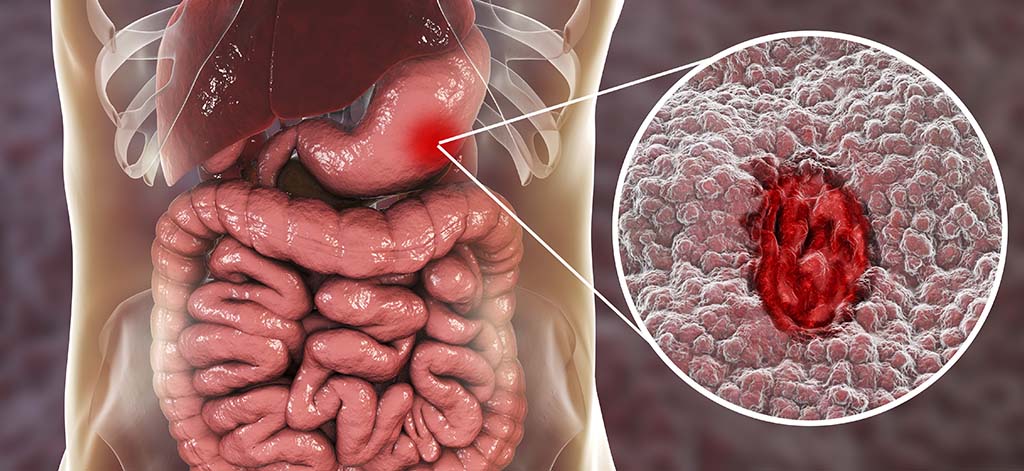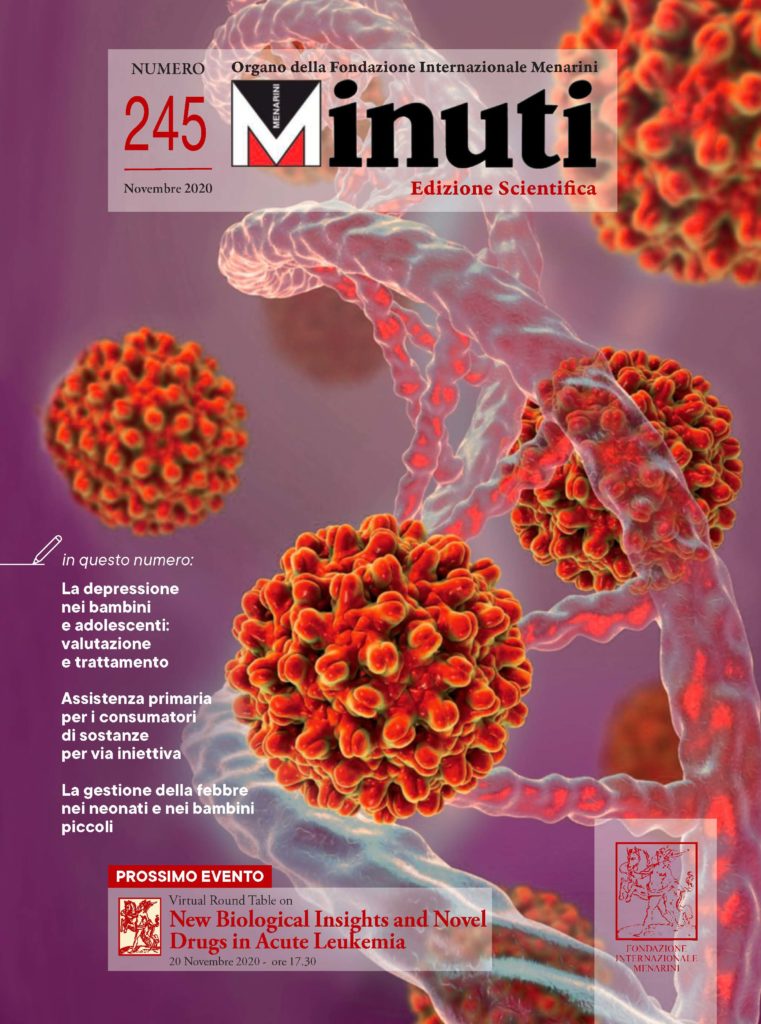
Upper Gastrointestinal Bleeding in Adults: Evaluation and Management
di Dr. Thad Wilkins, Dr. Mary Carpenter, Dr. Brittany Wheeler • September 2021
Upper gastrointestinal (GI) bleeding is defined as hemorrhage from the mouth to the ligament of Treitz. Common risk factors for upper GI bleeding include prior upper GI bleeding, anticoagulant use, high-dose nonsteroidal anti-inflammatory drug use, and older age. Causes of upper GI bleeding include peptic ulcer bleeding, gastritis, esophagitis, variceal bleeding, Mallory-Weiss syndrome, and cancer. Signs and symptoms of upper GI bleeding may include abdominal pain, lightheadedness, dizziness, syncope, hematemesis, and melena. Physical examination includes assessment of hemodynamic stability, presence of abdominal pain or rebound tenderness, and examination of stool color. Laboratory tests should include a complete blood count, basic metabolic panel, coagulation panel, liver tests, and type and crossmatch. A bolus of normal saline or lactated Ringer solution should be rapidly infused to correct hypovolemia and to maintain blood pressure, and blood should be transfused when hemoglobin is less than 7 g per dL. Clinical prediction guides (e.g., Glasgow-Blatchford bleeding score) are necessary for upper GI bleeding risk stratification and to determine therapy. Patients with hemodynamic instability and signs of upper GI bleeding should be offered urgent endoscopy, performed within 24 hours of presentation. A common strategy in patients with failed endoscopic hemostasis is to attempt transcatheter arterial embolization, then proceed to surgery if hemostasis is not obtained. Proton pump inhibitors should be initiated upon presentation with upper GI bleeding. Guidelines recommend high-dose proton pump inhibitor treatment for the first 72 hours post-endoscopy because this is when rebleeding risk is highest. Deciding when to restart antithrombotic therapy after upper GI bleeding is difficult because of lack of sufficient data.
Related Articles
Iniezioni ed infiltrazioni a mano e polso: Parte I. Dito a scatto, osteoartrite della prima articolazione carpometacarpale e fibromatosi palmare
di
Dr. George G. A. Pujalte, Dr. Rock Vomer, Dr. Neil Shah
February 2025
Highlights
di
Aaron Saguil, Matthew V. Fargo
∙
February 2021







